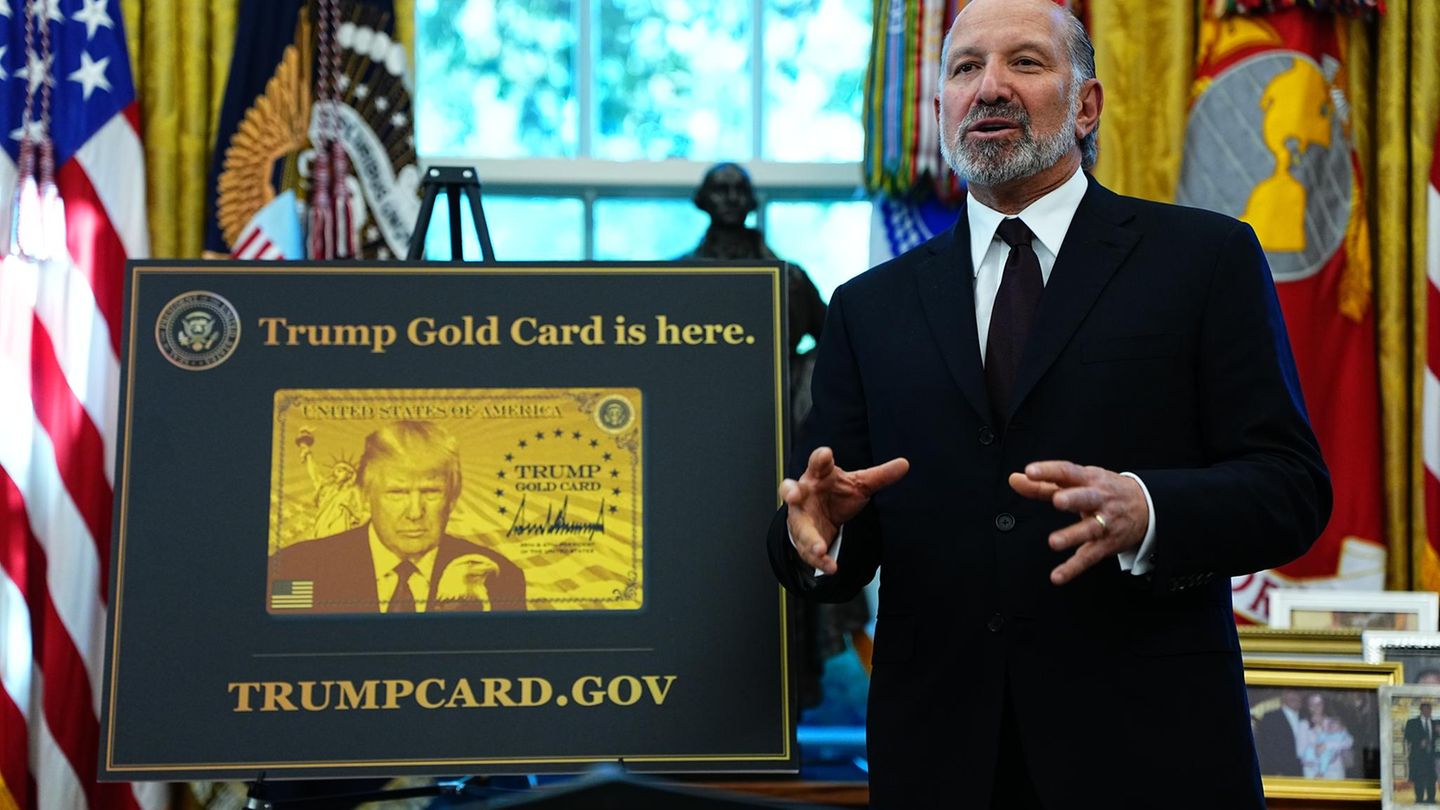if you know that today Argentina, which is out of any possibility of taking money from voluntary international financial markets. With a country risk rate navigating 1,800 basis points, the country today would pay a rate above 20% to be able to borrow. And the situation would get worse even if the Fed raised interest rates, something that seems not to have to face in these times of Powell’s re-election. Nevertheless, The financial strategy of the Government of Alberto Fernández and the Minister of Economy, Martín Guzmán, includes that after the long-awaited and delayed agreement with the International Monetary Fund (IMF), the country’s perspective on world markets changes, and slowly return to analyze the reality of Argentina as a possible borrower.
Obviously this will not happen quickly. It is not even something that can be thought of for 2022. Or even 2023. But it is Guzmán’s idea for when the country must start paying principal and interest on the restructured debt. The minister knows that it is not the same to liquidate those maturities that will slowly fall on the Argentine economy, they should not be faced with reserves, but rather settled with voluntary debt at reasonable interest rates. For this you need two things. That there is no international financial world with rising rates, which would seem to be contrary to Powell’s ideas. The news from Washington goes in this direction.
The most difficult is the second chapter. In order for Argentina to return to the international financial market, it must order its monetary, fiscal, exchange variables, etc.; something that is far from happening, and that only with strict compliance with an Extended Facilities agreement with the IMF could be achieved. Alberto Fernández, Guzmán and the rest of the economic team are optimistic. They believe that a productive agreement will be concluded with the agency, that the agreed goals will be met and that the main economic and financial variables of the country will begin to settle. And that there, towards the end of 2024, a return of Argentina to international markets could be analyzed, with the sole purpose of refinancing the private debt that is maturing. It will be seen.
There is something closer in time that could be achieved if the continuity of Powell and his policies is confirmed, if there is an agreement with the IMF and if the country begins to comply with it. Those who could access the voluntary international credit markets would be some private companies that have been delaying their investments in the country on the basis of credit from the global voluntary financial market due to the country’s delays in closing its conflict with the IMF. It is known that Argentina has a delay, of floor, of about US $ 10,000 million annually only in infrastructure investments; and that only by closing a normal agreement with the Fund could credit lines be unlocked at reasonable rates for the private world. If, in addition, Powell’s strategy is sustained, the faster the acceleration in the taking of these funds may be. In these cases, there could be news in the first half of 2022.
Source From: Ambito
David William is a talented author who has made a name for himself in the world of writing. He is a professional author who writes on a wide range of topics, from general interest to opinion news. David is currently working as a writer at 24 hours worlds where he brings his unique perspective and in-depth research to his articles, making them both informative and engaging.




